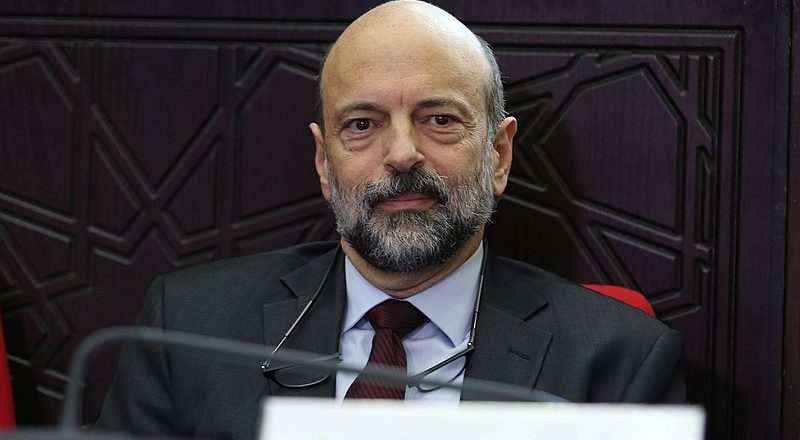
Economic reforms in Jordan praised by rating agencies amid a new cabinet reshuffle
Fiscal consolidations efforts and structural economic reforms are supporting Jordan’s credit profile, according to Moody’s rating agency, which has rated Jordan B1, with a “stable” outlook. Jordan’s economy is expected to grow moderately until 2024, with an average of 2.4% until 2022. On 21 November, Jordanian Finance Minister Mohammad Al Ississ announced that no new taxes will be imposed in the proposed 2020 budget. The government is seeking for other ways to increase revenues without adding new taxes that have been heavily criticized by citizens since Jordan started carrying out reforms under an IMF structural adjustment plan in 2016. Reducing public expenditure and fighting tax evasion are two of these measures. Al Ississ took upon his duties on 7 November, after Prime Minister Omar Razzaz reshuffled his cabinet for the fourth time since he is in office. Previously, on 27 October Razzaz announced a comprehensive program to stimulate the economy, “a hybrid between continuing with fiscal reforms and a public sector overhaul, and a retreat from austerity measures by offering incentives to investors and the private sector”. However, only 44% of Jordanians believe that the government can succeed in implementing the program, according to a poll carried out by the Center of Strategic Studies of the University of Jordan.
- The Euromed news are edited by the team of the Euro-Mediterranean Policies Department of the European Institute of the Mediterranean -


